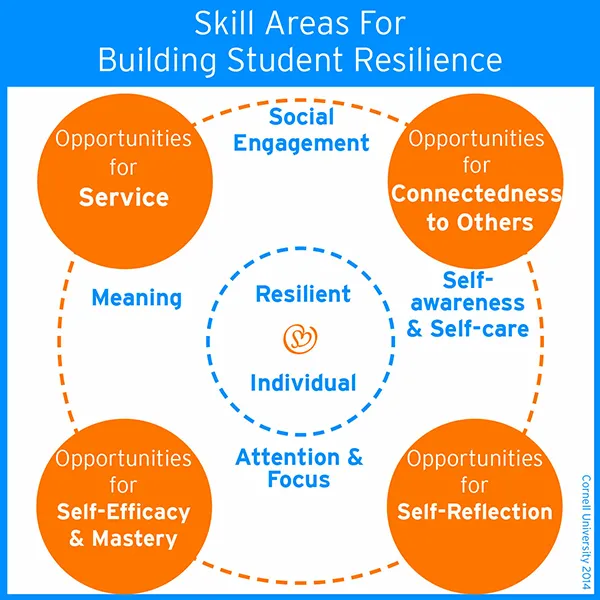What is Emotional Resilience?
Emotional resilience is the ability to adapt and bounce back from adversity, trauma, or stress. It involves coping with life’s challenges and setbacks in a healthy and positive way. People with high emotional resilience are able to maintain a sense of control and perspective in difficult situations.
Why is Emotional Resilience Important?
Emotional resilience is crucial for mental health and well-being. It helps individuals to manage stress, overcome obstacles, and maintain a positive outlook on life. Building emotional resilience can also improve relationships, boost self-esteem, and enhance overall quality of life.
How to Build Emotional Resilience
Building emotional resilience is a gradual process that requires practice and self-awareness. Here are some strategies to help you build and maintain emotional resilience:
1. Develop a Support System
Having a strong support system of friends, family, or a therapist can provide you with emotional support and encouragement during tough times. Surround yourself with people who uplift and empower you.
2. Practice Self-Care
Take care of your physical, emotional, and mental well-being by getting enough sleep, eating healthy, exercising regularly, and engaging in activities that bring you joy and relaxation.
3. Cultivate Positive Thinking
A positive mindset can help you reframe negative situations and find opportunities for growth and learning. Practice gratitude, optimism, and mindfulness to cultivate a resilient attitude.
4. Develop Problem-Solving Skills
Learn to identify and tackle challenges head-on by developing problem-solving skills. Break down complex problems into smaller, manageable tasks and seek help or advice when needed.
5. Build Emotional Awareness
Take time to understand and process your emotions. Practice self-reflection, journaling, or therapy to gain insight into your feelings and develop healthy coping mechanisms.
How to Maintain Emotional Resilience
Once you have built emotional resilience, it is important to maintain it to ensure long-term well-being. Here are some tips to help you sustain emotional resilience:
1. Practice Mindfulness
Stay present in the moment and practice mindfulness techniques such as deep breathing, meditation, or yoga to reduce stress and enhance self-awareness.
2. Set Boundaries
Learn to say no to activities or people that drain your energy or cause unnecessary stress. Setting boundaries can help you prioritize your well-being and maintain a healthy work-life balance.
3. Seek Professional Help
If you are struggling to cope with emotions or stress, do not hesitate to seek help from a therapist or counselor. Professional support can provide you with valuable tools and strategies to manage your emotions effectively.
4. Practice Gratitude
Take time each day to reflect on the things you are grateful for. Gratitude can help shift your focus from negative to positive thoughts and enhance your overall well-being.
5. Engage in Self-Care Activities
Make self-care a priority by engaging in activities that nourish your mind, body, and soul. Whether it’s reading a book, taking a bath, or going for a nature walk, find ways to recharge and rejuvenate yourself.
#Emotional #Resilience #Build #Maintain


